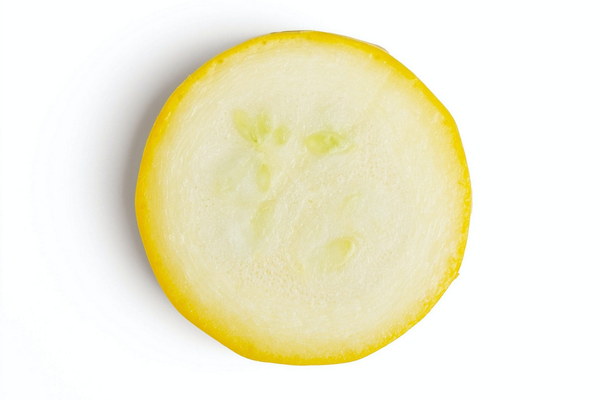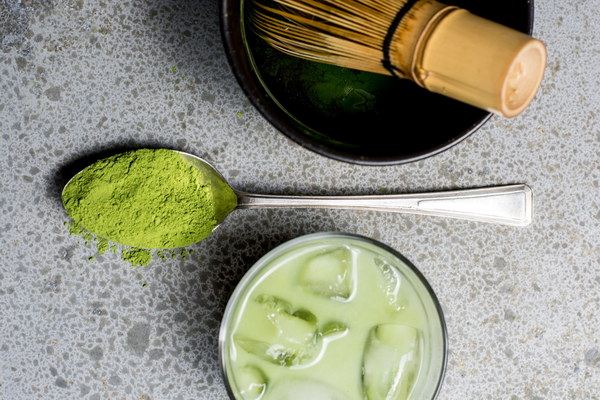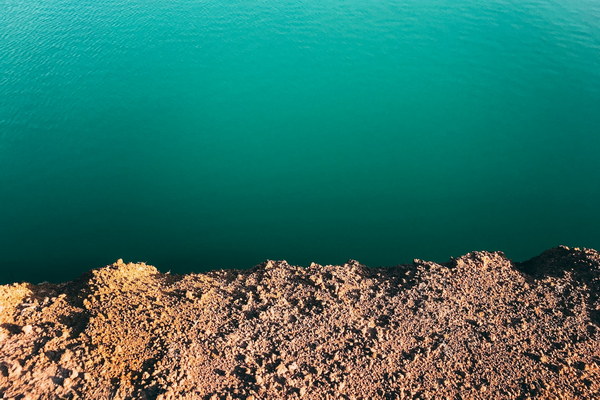Does Sweating Help Excrete Dampness Exploring Traditional Chinese Medicine's View on Diaphoresis and Dampness Removal
In traditional Chinese medicine (TCM), sweating is often considered an effective method for excreting dampness from the body. But does sweating really help to remove dampness? In this article, we will explore the connection between diaphoresis and dampness removal according to TCM principles.
Dampness, in TCM, refers to an excess of dampness in the body, which can be caused by various factors such as diet, environment, and emotions. Dampness can lead to a variety of symptoms, including fatigue, weight gain, bloating, and water retention. To alleviate these symptoms, TCM practitioners often recommend diaphoresis, or sweating, as a therapeutic method.
According to TCM, sweating is a natural way for the body to expel toxins and excess moisture. The process of sweating helps to regulate the body's Yin and Yang balance, and promotes the flow of Qi (vital energy). When dampness accumulates in the body, it can impede the flow of Qi and disrupt the balance of Yin and Yang, leading to various health issues.
One of the most common ways to induce sweating in TCM is through the use of herbal remedies. Herbs such as persimmon leaves, licorice root, and cinnamon are often used to stimulate sweating and help to remove dampness. These herbs work by increasing the body's temperature and promoting perspiration, which in turn helps to expel dampness.
Another method used in TCM to induce sweating is through physical activity. Exercise, especially in a warm or hot environment, can increase body temperature and encourage sweating. This can be an effective way to remove dampness, as it helps to mobilize the body's energy and promote the circulation of Qi.
However, it is important to note that not all sweating is beneficial in the context of TCM. Excessive sweating or sweating in the absence of fever or illness can actually weaken the body's defenses and lead to other health issues. Therefore, it is crucial to consult with a qualified TCM practitioner before engaging in any diaphoresis therapy.
In TCM, there are several key principles to consider when using sweating as a method for removing dampness:

1. Timing: It is best to induce sweating when the body is warm, such as after a warm bath or during exercise. Avoid sweating when the body is cold, as this can weaken the immune system and lead to other health problems.
2. Herbs: The use of appropriate herbs can enhance the effects of sweating and help to remove dampness. It is important to consult with a TCM practitioner to determine the best combination of herbs for your specific condition.
3. Lifestyle: In addition to diaphoresis therapy, it is crucial to adopt a healthy lifestyle that includes a balanced diet, regular exercise, and adequate rest. These factors can help to maintain the body's Yin and Yang balance and prevent the accumulation of dampness.
In conclusion, according to traditional Chinese medicine, sweating can indeed help to remove dampness from the body. By following the principles of TCM and consulting with a qualified practitioner, individuals can safely and effectively use diaphoresis therapy to improve their health and alleviate symptoms associated with dampness. However, it is important to approach diaphoresis therapy with caution and not to overdo it, as excessive sweating can have negative consequences.









